Cuba has 162 species of reptiles and 71 species of amphibians (frogs and toads only, no salamanders). Both groups have the highest levels of endemism among the vertebrates on the island (83% and 96%, respectively). In addition, there is an endemic family of worm-lizards (Cadeidae) and four endemic reptile genera (Cadea, Cricosaura, Caraiba, and Arrhyton) in Cuba. Because endemicity is so high, most species have very limited distribution and are considered endangered. Amphibians and reptiles in Cuba are highly susceptible to poaching. Tour leaders will be responsible for animal handling during photographic sessions and general observation.
Herping in Cuba - A West-Center Tour
Brief Itinerary:
Day 1: Arrival to Havana.
Day 2: AM Transfer to Viñales National Park; PM Herping Viñales.
Day 3: AM Transfer to Guanahacabibes NP; PM Guanahacabibes NP
Day 4: Full Day herping in Guanahacabibes NP
Day 5: AM Transfer to Soroa; PM Herping Soroa
Day 6: Full day herping at Soroa.
Day 7: AM Transfer to Zapata Peninsula; PM Zapata Peninsula
Day 8: AM Herping Zapata; Transfer To Guajimico.
Day 9: AM Herping in Guajimico; Late morning Trinidad; PM transfer to Topes de Collantes
Day 10: Full day looking for amphibians and reptiles in Topes de Collantes.
Day 11: AM Surveys Topes; Drive to Havana (With a Few Study Sites Along the Way)
Day 12: Departures from Havana; Flights Home Today
Full Itinerary








